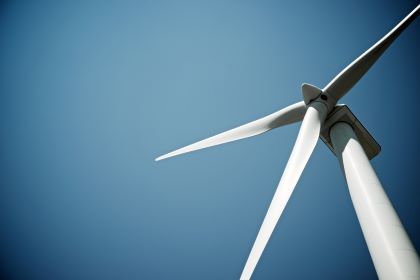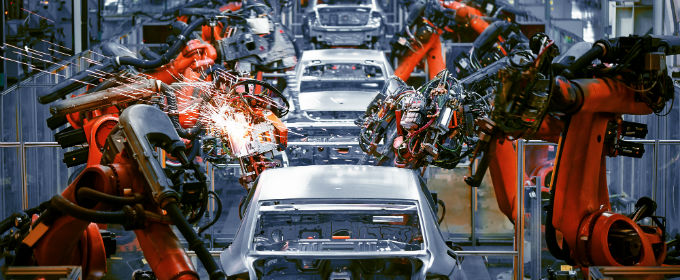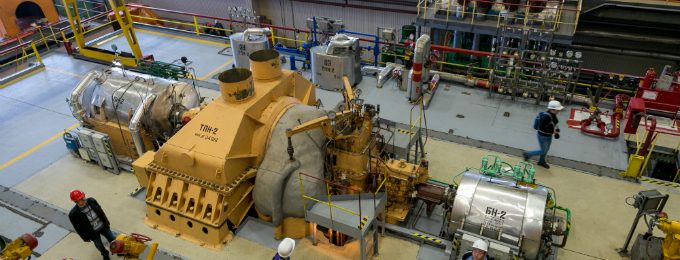The UK government has assigned itself with the tasks of boosting productivity in left-behind areas and transitioning to a net-zero economy. In this blog, Professor Jonatan Pinkse explores how the UK can simultaneously improve its standards of productivity regionally while transitioning to a net-zero economy. His policy recommendations include securing green jobs and not using […]




